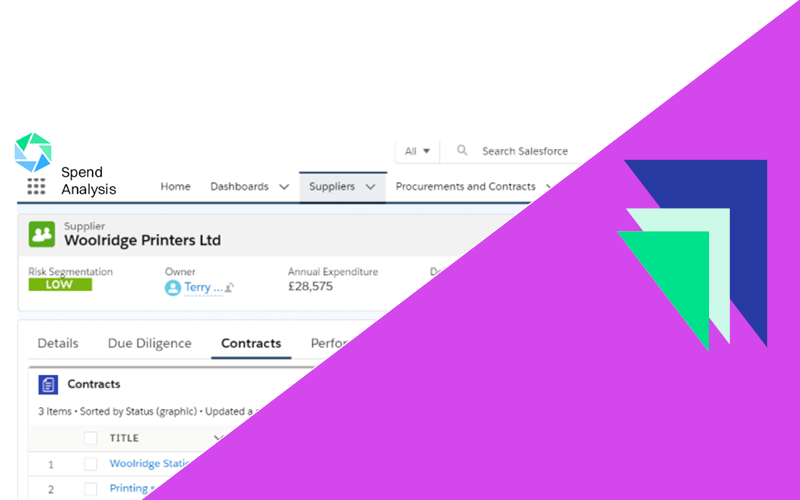The full impact of Brexit is not yet known, but for public procurement, reforms were announced in the Queen’s Speech at the opening of Parliament on May 11th 2021. The Procurement Bill will reform the current process, which is based on the EU legislative regime.
The bill aims to simplify the current process, consisting of over 350 regulations, speed up the public procurement process and make it more accessible. However, it is unlikely that the reforms will be too radical as the UK’s WTO Government Procurement Agreement (GTA) membership means they will have to comply with GPA requirements and abide by the Trade and Cooperation Agreement (TCA).
What will be different in public procurement?
With the Government spending around £3 billion every year on goods and services provided by the private sector, getting the new procurement framework right is essential. Although not yet officially confirmed, the main components of the reform are likely to be:
Fundamental principles of public procurement set out in law: value for money, public benefit, transparency, integrity, fair treatment of suppliers and non-discrimination.
Three simple modern procedures will replace the existing framework, which is considered unwieldy, complicated and inflexible.
Supplier registration simplification by introducing a single platform where data only needs to be submitted once to qualify for public sector procurement.
Fast response procurement process with an emphasis on transparency for crises like the current pandemic.
Faster appeal process for disputed procurement decisions. Damages will be capped to discourage speculative claims.
Supplier review toolkit to allow public procurers to better monitor past supplier performance will be introduced, and exclusion rules introduced to discourage speculative claims.
What will be the effect of the reforms?
The government is looking to reduce the red tape and bureaucracy of the current public procurement system to make it more efficient. They also want to enhance transparency throughout the procurement process to minimise the opportunity for corruption.
The reforms should make the public procurement process more inclusive and diverse, promoting social value and making it easier for non-profit and smaller private sector organisations to win contracts.
Streamlining the current system should also reduce the cost of public procurement administration.
When is the new legislation likely to be in place?
In an unusually speedy turnaround, the government is aiming to introduce the Procurement Bill in September. Parliament should then approve it by the end of the year and royal assent gained in the early part of 2022.
The bill indicates the government’s intention to improve the bureaucracy of EU legislation and reduce the opportunity for the misuse of public funds. It is intended to support the recovery from the Covid-19 pandemic, encourage economic growth and ensure this is equitably spread across the UK. It will be interesting to see whether this approach can satisfy both internal UK needs and our external global obligations.
Atamis provides procurement solutions for both the public and private sector. Book a call today if you’d like to speak to us about your procurement requirements.
 Our Pipeline App empowers your team to plan ahead and forecast for upcoming procurement activities.
Our Pipeline App empowers your team to plan ahead and forecast for upcoming procurement activities.  The Tender App allows your team to visualise all sourcing activities within your Atamis platform, from issuing tenders to receiving bids.
The Tender App allows your team to visualise all sourcing activities within your Atamis platform, from issuing tenders to receiving bids. Our Contract & Supplier App puts your team in firm control of your key supplier relationships and provides a central repository for all contracts.
Our Contract & Supplier App puts your team in firm control of your key supplier relationships and provides a central repository for all contracts.  Our Enhancers ensure your solution is tailored to your needs. Pick and choose additional functionality that fits your requirements.
Our Enhancers ensure your solution is tailored to your needs. Pick and choose additional functionality that fits your requirements. 